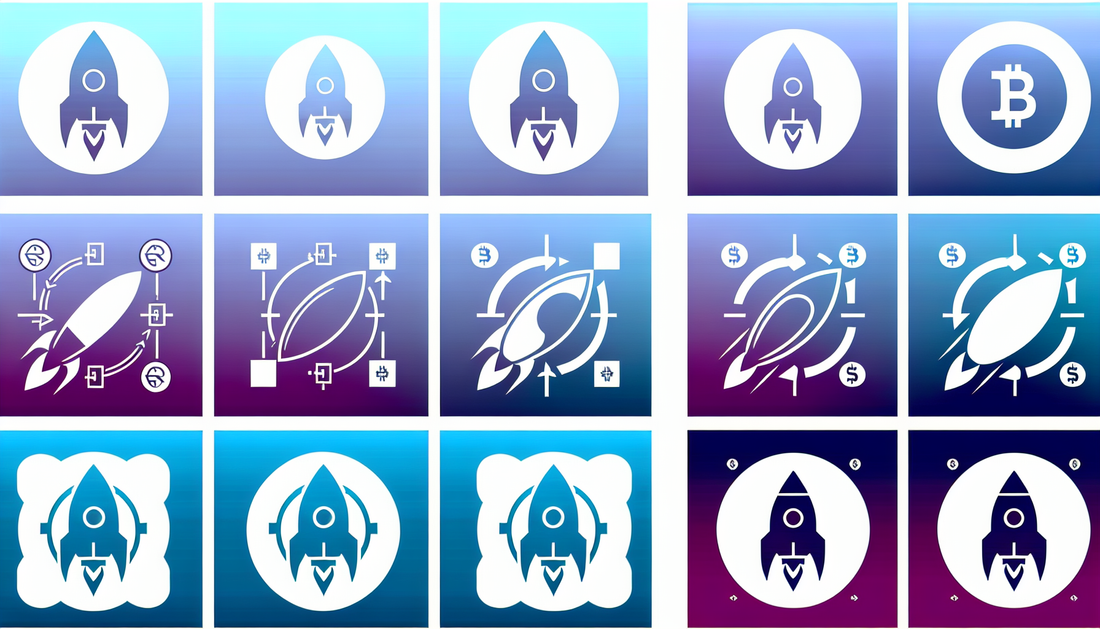
Unlocking Ethereum Staking with Rocket Pool
Share
Analyzing Data: Rocket Pool (RPL) and Its Ecosystem
Rocket Pool (RPL) is an innovative decentralized Ethereum 2.0 staking protocol that allows individuals to participate in Ethereum staking without having to stake the full 32 ETH required. It achieves this by pooling ETH from multiple users and managing the underlying infrastructure. This collective approach not only democratizes staking but also adds a layer of security by enhancing the distribution of nodes across the network.
Data on Rocket Pool's operations provides insights into its network performance and user engagement. The network benefits from its decentralized node operator system, which aligns with the principles of decentralization by distributing staking activities across a wide range of operators instead of concentrating them in a few hands. This setup helps in maintaining uptime and reducing single points of failure.
Rocket Pool emphasizes security and fault tolerance by implementing measures such as collateral requirements for node operators, which ensure that the operators act in the network's interests. This security model is crucial for maintaining trust within the community, as the protocol manages significant amounts of users' staked ETH.
The protocol has integrated with several Ethereum 2.0 client software options to increase robustness. These integrations facilitate data consistency between the client software and help in adapting to future Ethereum upgrades and network changes, ensuring the Rocket Pool ecosystem remains flexible and resilient.
Moreover, Rocket Pool supports innovative user engagement through its native token, RPL. RPL functions as an insurance guarantee, establishing a security buffer for network participants. This arrangement is particularly significant for users seeking assurances against potential losses resulting from node performance issues or faulty staking processes.
For those interested in blockchain innovations similar to Rocket Pool, the themes explored in blockchain architecture, as seen in articles like The Unexplored Terrain of Cross-Chain DeFi: Building Bridges to a Unified Financial Ecosystem, provide a broader context of the dynamic and multifaceted nature of blockchain technology.
Additionally, Rocket Pool’s community-driven governance is noteworthy. Governance is achieved through proposals and voting, giving RPL token holders a voice in influencing protocol upgrades and strategic directions. This community involvement is fundamental in fostering a participatory culture, empowering users not just as end-users but as stakeholders.
This focus on a decentralized and community-led approach positions Rocket Pool as a noteworthy player in the Ethereum staking ecosystem. As Rocket Pool continues to innovate and expand, observing its operational data and governance will provide further insights into its potential impact within the broader blockchain landscape.
